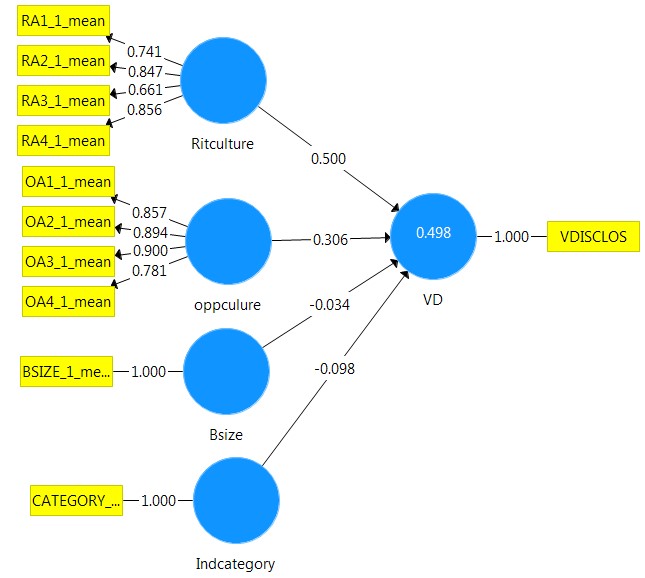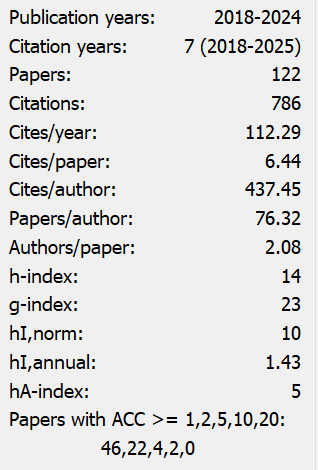Organizational Culture and Voluntary Disclosure Practices of Listed Firms in Nigeria
Abstract
The purpose of this paper is to test the relationship between organizational culture and voluntary disclosure by listed firms in Nigeria. The research design for the study is survey design that is cross-sectional nature to examine the relationship among the study variables. Data for organizational culture were obtained from administration of questionnaire while that for voluntary disclosure were from financial reports of 92 listed companies. To test our main hypotheses, we used Structural Equation Model (SEM) especially PLS-SEM. The results indicate that both ritualism and opportunism dimensions of organizational culture are positively associated with voluntary disclosure. This implies that, firms’ emphasis on rules as well as flexibility in response to changing environmental needs promote the practice of voluntary disclosure in annual reports. This study concludes that voluntary disclosure is associated with flexibility in policies and disclosure rules as well as strict adherence to laid down guideline for the identification and measurement of disclosure items.


This work is licensed under a Creative Commons Attribution 4.0 International License.
Copyright for this article is retained by the author(s), with first publication rights granted to the journal.
This is an open-access article distributed under the terms and conditions of the Creative Commons Attribution license (http://creativecommons.org/licenses/by/4.0/).


























